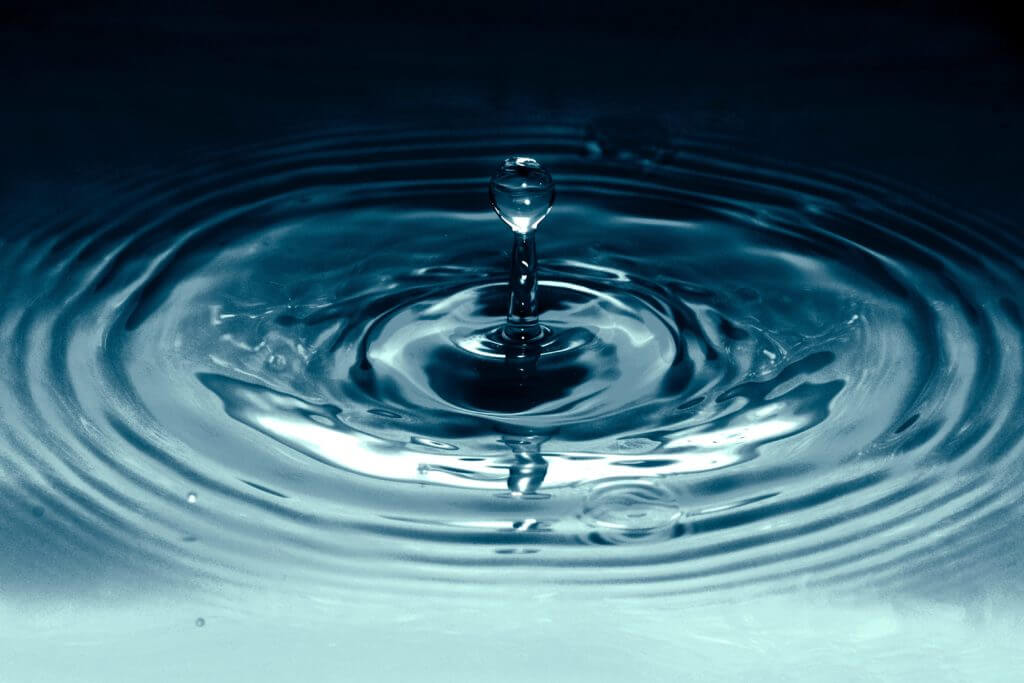
Magnesium has amazing physical and mental health benefits. How much do you need?
It’s the ninth most prolific element in the universe, created by large stars exploding as supernovas where it’s expelled into the interstellar medium (the radiation, gas and dust that exists between stars within a galaxy). From an epic beginning, magnesium has become the eighth most common material in the Earth’s crust. And, importantly to humans, it’s one of the most abundant elements in our bodies.
Needed for more than 300 biochemical reactions (like your metabolisation of food, synthesis of fatty acids, and transmission of nerve impulses), on a basic physiological level, magnesium activates enzymes, creates cellular energy, creates, repairs and protects DNA, and helps regulate concentrations of other minerals. Since every cell in your body uses magnesium on a fundamental level, it can be difficult to isolate all of the effects it has.
Why should you know your magnesium intake?
With wide-ranging physical and mental benefits, magnesium ought to be considered a building block our bodies require. Its status as a whole-health but often under-recognised essential mineral means it’s important to pay attention to your energy levels, quality of sleep, and overall mental acuity. If you’re feeling lacklustre, it might be worth tracking how much magnesium you think you’re taking in each day.
While creams, sprays and supplements are also available, an excellent way to monitor your magnesium levels is with a water product like Magnesia – a naturally magnesium-rich water from the Slavkov Forest, a 606 square kilometre protected landscape in the Czech Republic in Europe. On its journey from the depths of nature, the water makes its way through a layer of serpentine – a rock especially rich in magnesium. Magnesium is released into the water with the help of carbon dioxide, a remnant of past volcanic activity. The combination of serpentine and carbon dioxide is so rare that, in Europe alone, it can be found only on a few square kilometers of the Slavkov Forest.
Drink your magnesium.
Magnesium rich waters generally have two types of magnesium; magnesium bicarbonate (bicarbonate being the natural transport mechanism for magnesium, making these waters a great, bio-available source of magnesium), and magnesium sulphate (which makes the waters a natural laxative). Magnesia contains magnesium bicarbonate, having 170mg magnesium and 970mg bicarbonate per 1 litre. The magnesium bicarbonate molecule makes Magnesia highly absorbable, and fast acting. Each 1.5L bottle of Magnesia contains 255mg of magnesium in its most natural and easily absorbable form. Depending on age, the average daily intake for an adult woman should be between approximately 320 and 360mg.
Magnesia’s easy-to-follow taste scale means that by following the taste guide and observing how Magnesia tastes to you, you can monitor whether you currently have a well-balanced level or if you should further replenish your magnesium levels. Depending on your current magnesium level, Magnesia’s taste can range from sweet, salty, neutral, to metallic, sparkling and more. The change in the taste that you experience comes from magnesium absorption.
Why is magnesium so important?
When the benefits of a steady level of magnesium include (but are most certainly not limited to) relief from muscular cramps and period pain, better sleep, better bone health, improved insulin secretion, and an alkalising effect on the body’s pH balance, aiding digestion, mental acuity and physical energy, magnesium is one powerful essential mineral you should make part of your every-day routine.
If you’re concerned about your current health or magnesium levels, consult your GP or health practitioner. For more information on how you can increase your magnesium intake and enjoy its health benefits, visit our friends Magnesia Australia.




















